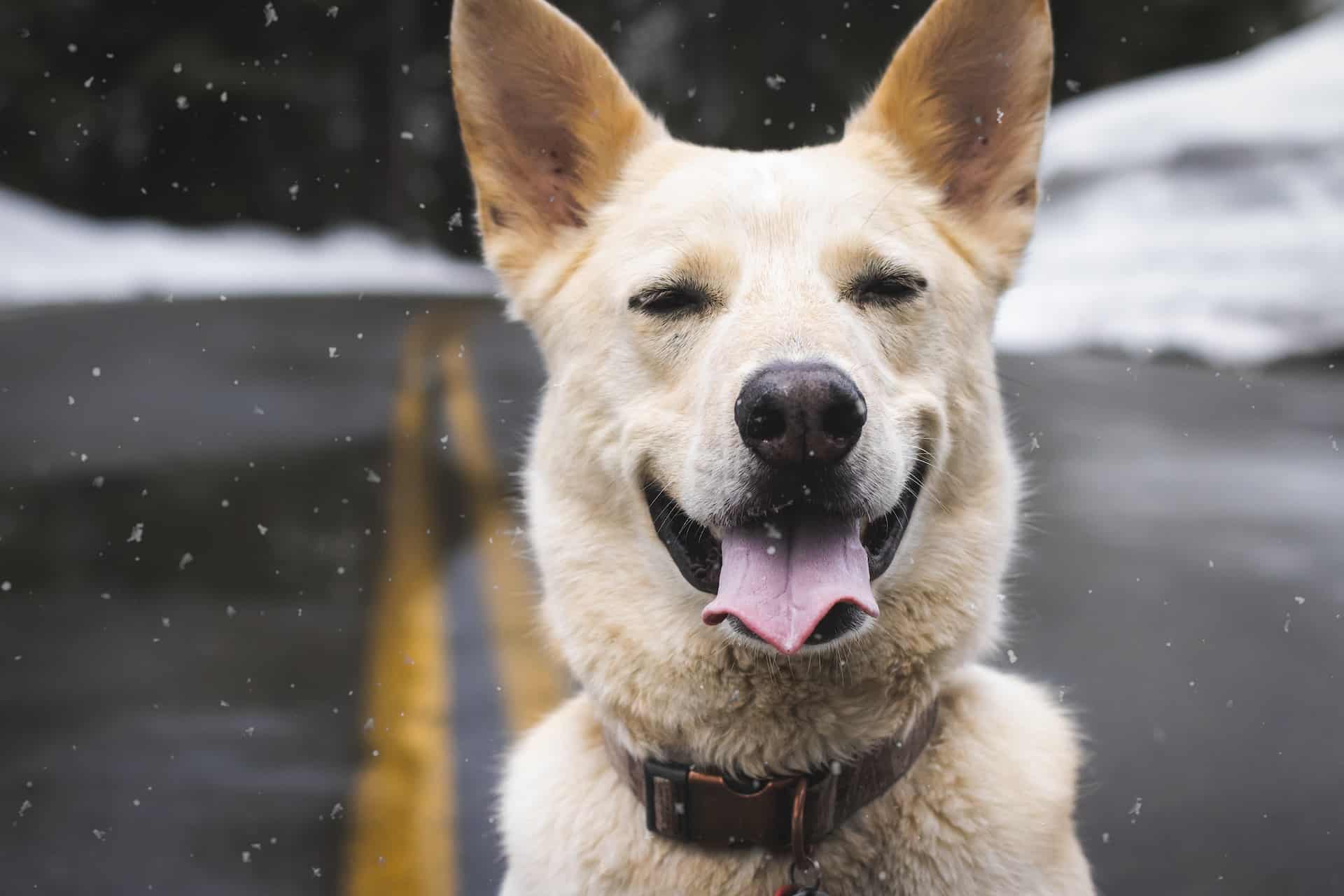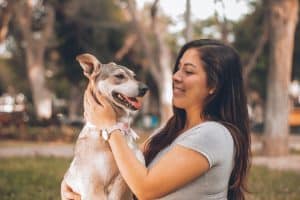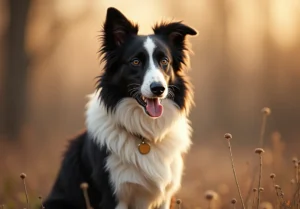All of our pets grow old, just like us. And sometimes, we feel sorry for them and ask whether they realize they are aging.
While dogs seem to realize they can’t do what they’ve always done, current research tells us that they don’t seem to understand why and cannot sense their own age. While familiar with their habits and owners’ schedules, they don’t seem aware of their aging.
Here’s what current understanding and research tell us about dogs’ awareness of their age, their owners’ age, and the passing of time.
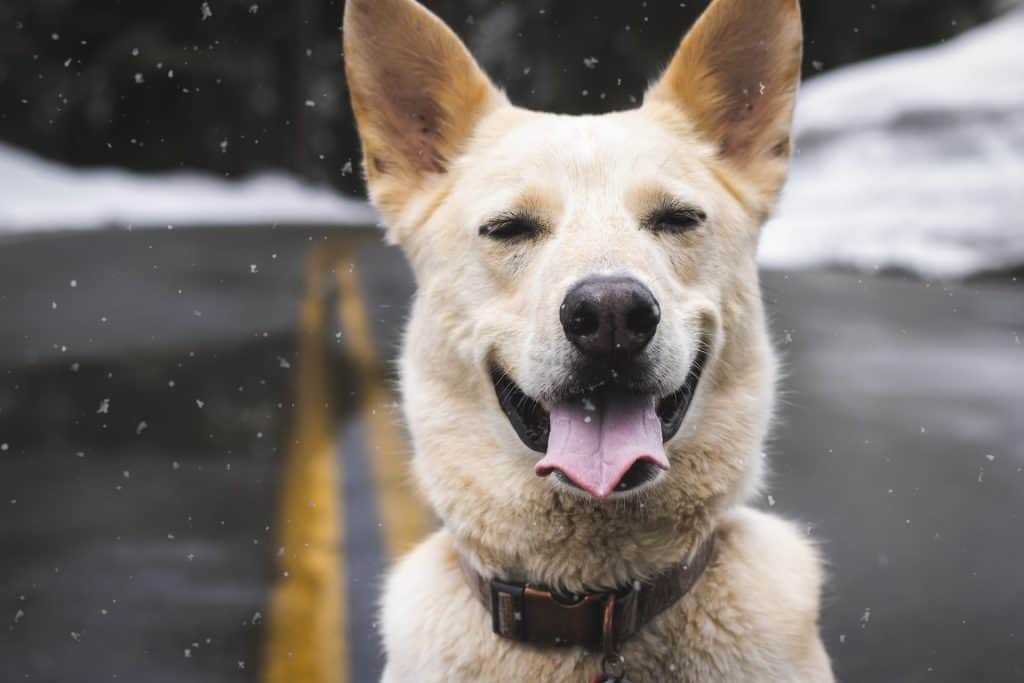
Can Dogs Sense Their Own Age
Dogs, like like us, grow old. So, if you gave them a new puppy or kitten to play with, they would see it grow up and recognize it as the same creature they knew when it was a puppy or kitten.
They are aware of the general age of other humans based on physical characteristics. However, how it affects their interactions depends on the animal. Some older dogs become energetic around pups, while others prefer to lie around with older dogs.
When dogs get an illness or joint aches, they are only aware of their discomfort and limits, but they don’t seem to comprehend why it happens.
Interestingly, while dogs may notice the physical changes in their playmates or other pets in the house, they don’t necessarily correlate these changes with the concept of aging, much as a human might notice gray hair in a friend.
Moreover, while a dog might grow more sedentary or less playful due to age, they don’t inherently associate these behavioral changes with the concept of growing old, but more as a change in their physical capabilities.
Dogs recall people’s odors and can cognitively split down smells into components because a part of your smell doesn’t break down over time and is always there. However, whether they know how much time has passed is debatable.
Do Dogs Recognize Human Age?
Most researchers agree that most dogs are aware that you have matured and are now an adult. Animals behave differently among newborns, children, teenagers, and adults. They would do the same in the wild with their own young.
However, dogs don’t think about why you’re getting older or younger or anything about the process. They don’t think about you as you grow up. They simply know.
Assuming they have met grownups, they know that the person is tiny and is continually coddled. For example, they will detect milk on their breath.
There are a lot of contexts here. Dogs like babies in general, but putting a dog who has never met children in a room with a baby and leaving them alone may injure the baby. They learn quickly by imitating the actions of others around them.
But, in general, they seem to understand the concept of small vs large humans. Herding dogs often ignore children’s commands, yet they will adore, protect, and frequently herd them.
How to Test if Dogs Recognize Adults From Babies?
A habituation test is the most common method for determining whether animals and babies can distinguish between things.
A habituation test is an experimental process in which images or items are repeatedly shown to the individual until they get acclimated to them (like getting bored). The most popular approach to assess this habituation is to time how long they stare at it.
If you show a newborn an image of a cat thirty times in a row, they will not stare as long at the thirtieth cat as they did at first. When you switch to a dog, they start paying attention again. That is how we know babies can distinguish between certain animals and objects.
This is the most straightforward technique to investigate whether dogs can detect a person’s age. Show them photographs of older people until they lose interest, then transition to a newborn.
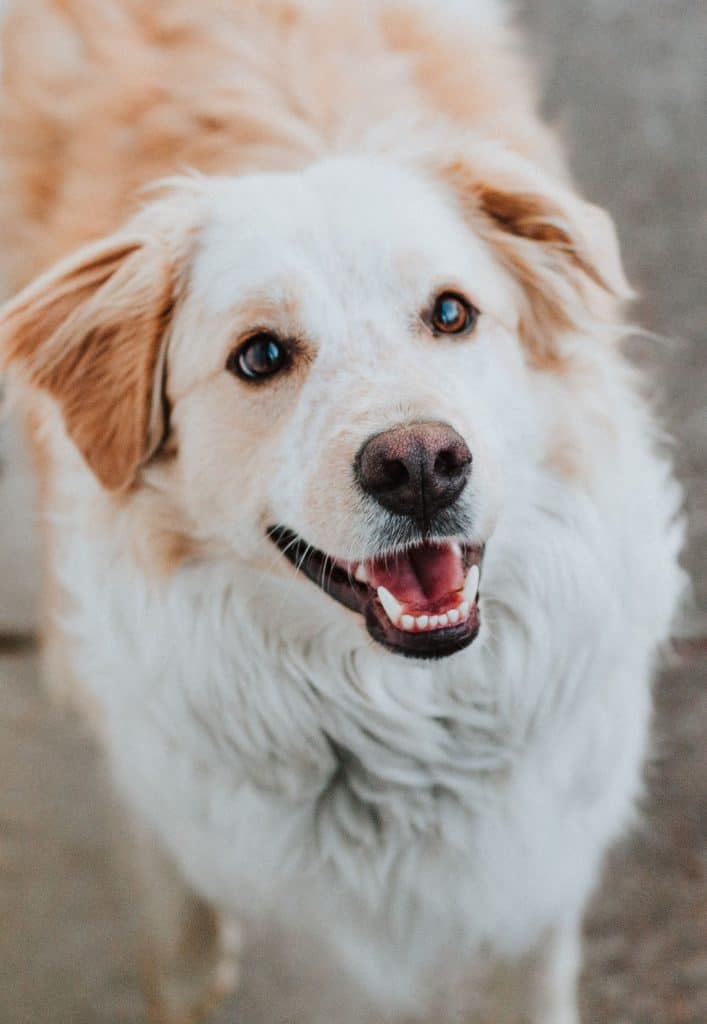
Do Dogs Recognize Time Passing By?
Dogs may be aware of the passage of time, although their awareness is limited compared to ours.
According to some research, a dog’s ability to tell time is based on smell. Dogs can tell when you’re coming home from work by how much they can still smell you in the house. They can tell the passage of time by how some smells fade or decay over time.
The duration of daylight and the regularity of household routines might also offer dogs some clues about time. Yet, their perception of time is not segmented into hours and minutes like ours but is more likely event-based.
Food is a strong signal for dogs’ internal clocks, which they use to tell time. Research has shown that food impacts the internal clock like sunshine does in humans.
According to Chyrle Bonk, a veterinary consultant at PetKeen, it’s difficult to say how dogs experience time.
Some experts say that dogs don’t know when time passes and are always living in the moment, while others claim dogs understand time intervals and the distinctions between short and long durations. We may never know for sure, but research is ongoing.
Can Dogs Tell How Long You’ve Been Away?
Although it is uncertain whether dogs are aware of the length of time they are left alone, studies suggest that if they are left alone for two hours rather than 30 minutes, they are more eager to welcome their owner. However, they can’t seem to tell the difference between two and four hours.
Research reveals that when dogs detect their owners returning home from work, this is partly due to the decay/half-life of scent molecules. Your smell changes and they can distinguish this.
Generally, the longer pets are left alone, the more joyful the owner is when they return home. Most likely. However, many of our pets sleep while we are away.
FAQs
Can dogs tell the difference between a small dog and a puppy?
Dogs can detect the difference. Because of the lack of sex hormones and changes in coat and teeth, a puppy will smell differently. It’s why, at six or seven months, a puppy stops being a puppy and adult dogs begin responding more intentionally to bad manners. When most dogs reach puberty, transitioning into adolescence usually means the end of other dogs tolerating them.
Do dogs like sleeping, or are they just bored?
It’s in the nature of dogs to sleep most of the day. That’s what they do. Those who receive enough physical and mental exercise prefer to spend most of their time hanging around and relaxing. However, many indoor dogs will occasionally sleep out of boredom.
When is a dog considered a senior?
It depends on the size of the dog. When smaller dogs reach the age of 11-12, they are considered senior citizens in the canine society. At the age of ten, their medium-sized companions become seniors. Their larger-sized colleagues are eight years old and seniors. Finally, at seven years old, their giant-breed peers are seniors.
Alex, a passionate animal lover, has experience in training and understanding animal behavior. As a proud pet parent to two dogs and three cats, he founded AnimalReport.net to share insights from animal experts and expand his knowledge of the animal kingdom.

